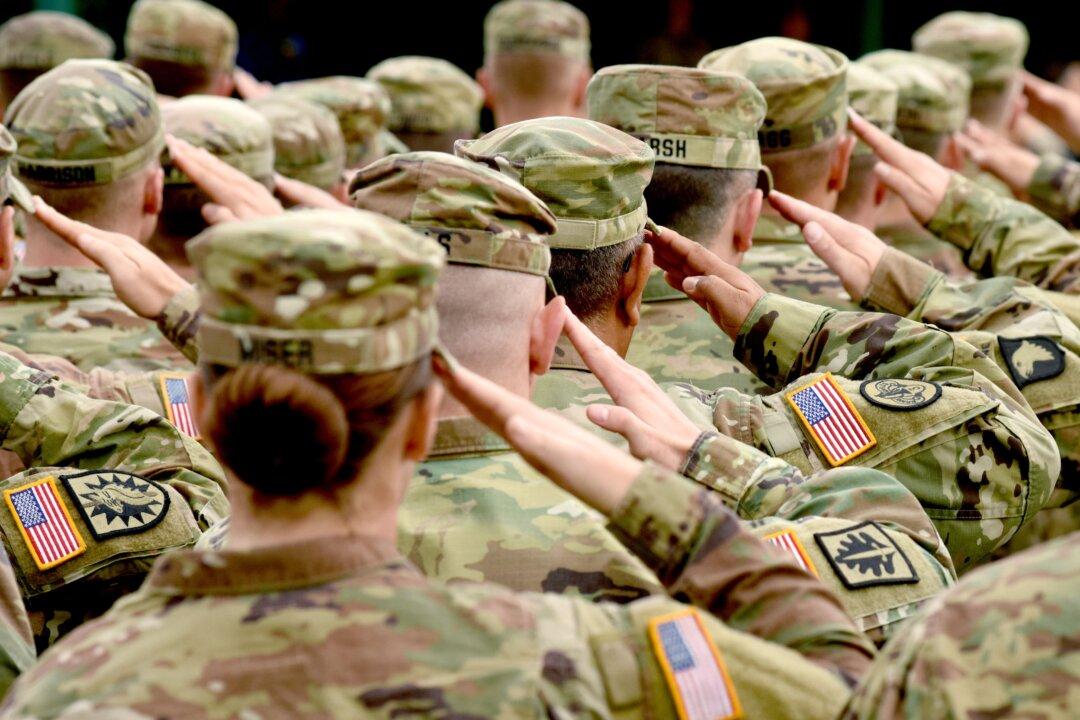Like most areas of society, the U.S. armed forces are experiencing the effects of transgenderism, and critics say military preparedness has suffered as a result.
Transgender individuals were banned from serving in the U.S. military for decades until officials lifted the ban in June 2016. Then-President Donald Trump implemented a new ban in July 2017.





